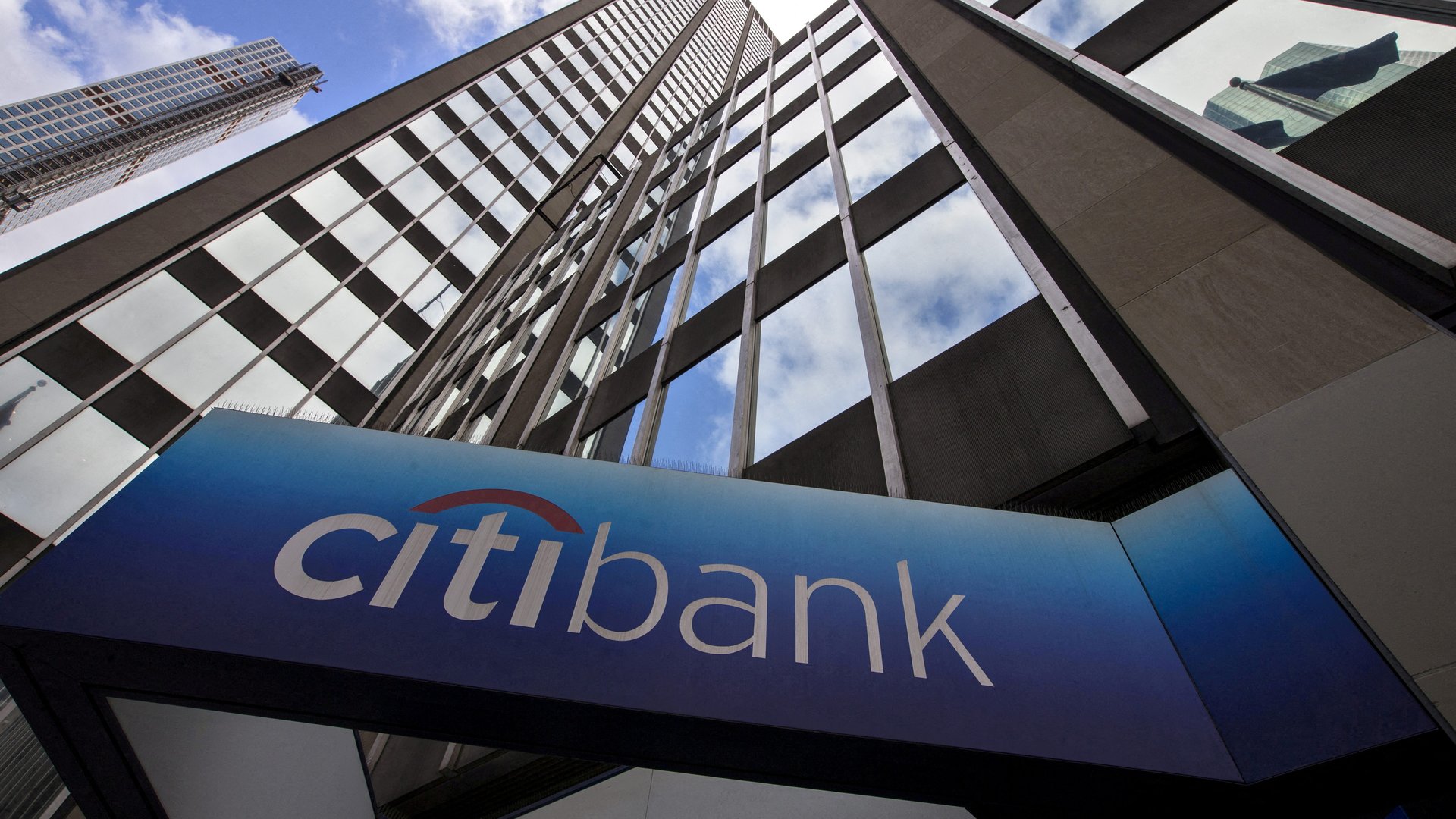The hedge fund that beat Exxon isn’t ready for a climate coup at banks
Almost a year ago, a fledgling hedge fund called Engine No. 1 pulled off one of the biggest corporate coups in the history of climate change activism.


Almost a year ago, a fledgling hedge fund called Engine No. 1 pulled off one of the biggest corporate coups in the history of climate change activism.
It ran a successful campaign to oust three members of ExxonMobil’s board and replace them with more climate-savvy candidates, despite owning only 0.02% of the company’s stock. The campaign was premised on the conviction that climate change, and the world’s response to it, represent an existential threat to Exxon’s business model, and that the company had put its investors’ money at risk by failing to prepare.
Victory was possible because Engine No. 1 was able to convince large asset managers like BlackRock, which rarely vote against management. But these days, Engine No. 1 is less confrontational.
Engine No. 1 voted against other climate activists at banks
In the deluge of companies’ annual shareholder meetings that started in April and will continue through May, the fund is not running any candidates. And on April 27, it voted against climate-related resolutions at three major US banks—aligning again with BlackRock, but this time on the opposite side to climate activists.
Shortly after the Exxon vote, Engine No. 1 created an exchange-traded fund called VOTE, a mix of 500 big companies that sticks close to the S&P500. Its pitch to climate-conscious retail investors is that the fund will back most ESG-related votes; buy a share of VOTE, according to its website, and anyone can help with “restoring the climate” at some of the world’s top emitters. Engine No. 1 executives are also consulting directly with management on climate initiatives at General Motors and a handful of other companies in which it holds stock.
The fund supports proposals that it believes will in turn support a company’s “long-term growth and value,” Yusuf George, Engine No. 1’s managing director in charge of proxy voting strategy, told Quartz on April 27, hours before the bank votes.
VOTE started the proxy voting season strong, supporting a winning proposal at Costco to eliminate carbon emissions from its value chain by 2050.
“Setting clear targets on [emissions] is vital for companies, and making sure that companies continue to be in line with the 1.5-degree scenario [enshrined in the Paris Agreement] is really important to us,” George said.
Proposals at Wells Fargo, Bank of America, and Citigroup sought to do that, by pushing the banks to stop financing the expansion of oil and gas drilling beyond current levels, which the International Energy Agency has said is necessary to achieve the 1.5 target. All three failed, and didn’t have the support of Engine No. 1 because there was too much micromanagement, George said after the votes were published.
“While we agree with the spirit of the proposals, as written they did not provide adequate flexibility for banks to finance the fossil fuel and energy transition,” he said. “People still need fossil fuel. We want to see a fast and as-clean-as-possible transition to net zero, but in getting there banks need flexibility to finance that transition.”
That argument hews close to what bank executives have asked for, and what Engine No. 1 founder Chris James said in a recent Wall Street Journal op-ed that advocated for fresh investment in US shale oil and gas drilling.